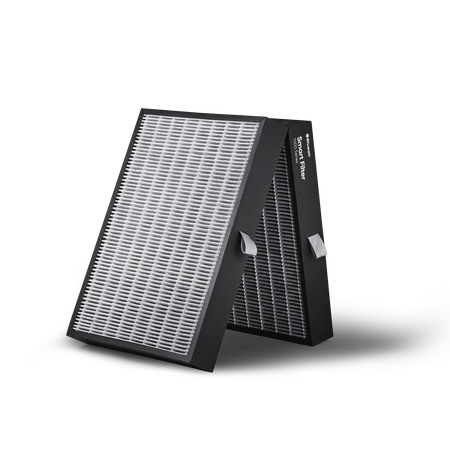Introduction
The barbell bench press is a fundamental exercise for building upper body strength and muscle mass. Whether you’re a beginner or a seasoned lifter, mastering this exercise requires proper technique and form. In this article, we’ll explore expert tips and techniques to help you master the barbell bench press and achieve optimal results.
Proper Setup and Positioning
Before you even begin lifting, it’s crucial to set up properly for the barbell bench press. Lie flat on the bench with your feet firmly planted on the ground. Grip the barbell slightly wider than shoulder-width apart, with your hands positioned directly above your elbows when your arms are extended. Ensure your back is flat against the bench and your shoulders are retracted and depressed.
Engage Your Muscles
To perform the barbell bench press effectively, it’s essential to engage the right muscles throughout the movement. Before you lift the barbell off the rack, engage your core, glutes, and legs to create a stable base of support. As you lower the barbell towards your chest, focus on squeezing your chest muscles and maintaining tension in your upper body. Drive through your heels and push the barbell back up explosively, engaging your chest, shoulders, and triceps.
Control the Descent
One common mistake many lifters make when performing the barbell bench press is allowing the barbell to drop too quickly towards their chest. Instead, focus on controlling the descent of the barbell by lowering it in a slow and controlled manner. This not only helps prevent injury but also allows you to maintain tension in your muscles throughout the entire range of motion.
Mind-Muscle Connection
Developing a strong mind-muscle connection is key to mastering the barbell bench press. Focus on feeling the muscles in your chest, shoulders, and triceps working as you perform each rep. Visualize the movement in your mind and concentrate on contracting and squeezing the target muscles with each repetition. This heightened awareness will help you maximize muscle activation and improve your overall performance.
Find Your Grip Width
Experimenting with different grip widths can have a significant impact on your bench press technique and muscle activation. While a wider grip may emphasize the chest muscles, a narrower grip may target the triceps more effectively. Find a grip width that feels comfortable and allows you to lift the most weight while maintaining proper form. Remember to adjust your grip width based on your individual biomechanics and goals.
Incorporate Variations
To keep your training routine interesting and continue making progress, consider incorporating variations of the barbell bench press into your workouts. This could include incline bench press, decline bench press, close-grip bench press, or pause bench press. Each variation targets the muscles from different angles and can help break through plateaus and stimulate new muscle growth.
Gradually Increase Weight
Progressive overload is essential for building strength and muscle mass over time. As you become more comfortable with the barbell bench press and your form improves, gradually increase the weight you’re lifting. Aim to add small increments of weight to the barbell each week while maintaining proper form and technique. This gradual progression will help you continue making gains safely and effectively.
Focus on Quality Reps
Rather than focusing solely on lifting heavier weights, prioritize performing quality reps with proper form and technique. Focus on achieving a full range of motion with each repetition, lowering the barbell until it lightly touches your chest before pressing it back up explosively. Avoid using momentum or bouncing the barbell off your chest, as this can increase the risk of injury and limit muscle activation.
Rest and Recovery
Finally, don’t underestimate the importance of rest and recovery in your training routine. Allow your muscles adequate time to recover between bench press sessions to prevent overtraining and promote muscle growth. Incorporate mobility work, stretching, and foam rolling into your routine to reduce muscle soreness and improve flexibility. Listen to your body and prioritize rest when needed to ensure long-term progress and success in your bench press journey. Read more about barbell bench press tips











